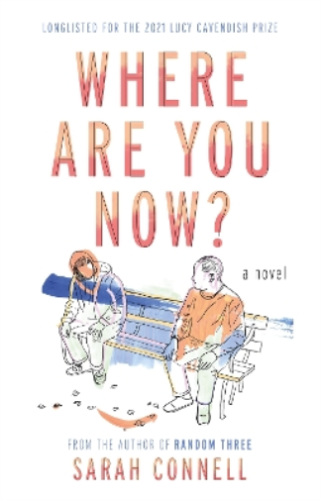
Sarah Connell
The Book Guild
9781915603487
Beautifully written throughout, this novel confronts us with the realities of population movement in the C21st. As the sitting government in Britain (at the time of writing) seeks to win votes with the slogan, Stop the Boats, here is a salutary reminder of what it is like to run from the land of your birth seeking sanctuary.
The novel begins with Walter on his death bed. He is not frightened but he is tormented by the questions, “Was it enough? Could I have done more? Why didn’t I do more?” His grandson, the only other person present at this moment is perplexed, he can no more answer these questions than the reader. We must read on beyond the “disgusting” smell of sickness and oldness to reach our own judgements.
It is judgements about compassion and expediency we are forced to make. Was Walter’s instinct to support the asylum seeker, found sleeping rough on his allotment, a justifiable one? Or is he simply a naïve do-gooder? In Sarah Connell’s skilful hands, this is not a clear-cut issue. Osama, the asylum seeker in question, is a figure who draws sympathy, and yet he also gives a false name and lies about his history. If we take against him on this score, it puts us in the same frame as the boors in the pub who are vocal against “foreigners” and wary of their unconventional lives. Not that the notion of what constitutes conventional is any longer clearly defined, as Walter is to find out when his daughter produces a grandchild via a sperm donor and his step-daughter is intent on bringing up her son whilst in a same-sex partnership. The world is changing and Walter comes to terms with this by rationalising that, “love is not a cake to be sliced, partitioned out.”
Walter’s love encompasses Osama/Amro, the asylum seeker whose future, after voluntary repatriation to Egypt, is in doubt. There are optimistic hints given but his case will continue to haunt Walter until the end of his life, leaving him to ask, “Could I have done more?”
That said, there is much comfort to be gained from this novel with its constant references to the allotments, cooking and sharing food. Friendships are highlighted, companionship and support are also very much in evidence and this is gratifying. But the flip side of this coin is the hostility and suspicion which the asylum seekers face and we are presented with the possibility that there may come a time when, like Walter, we are all plagued by the question of what we did for these people and, “Did I do enough?”
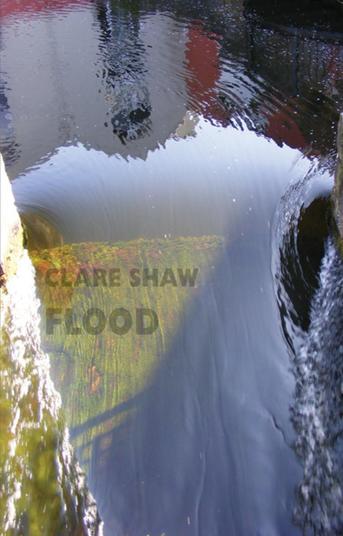
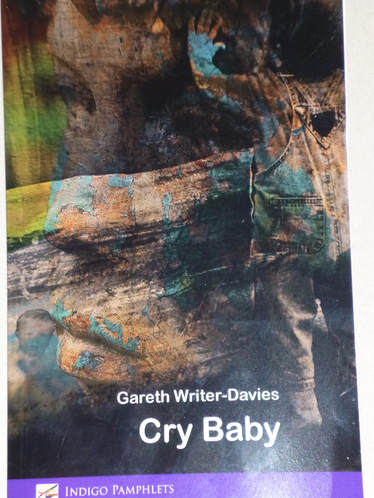
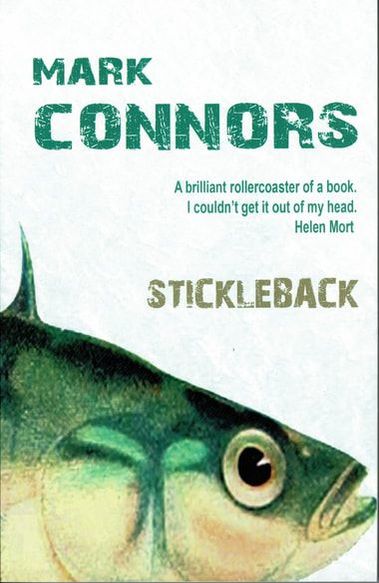
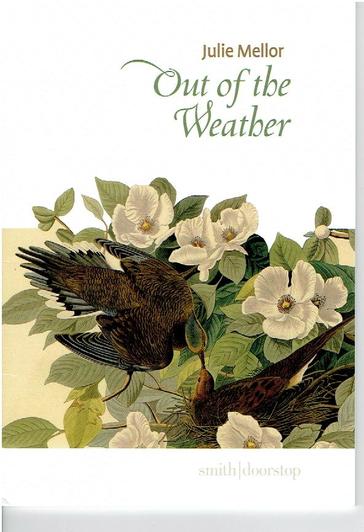
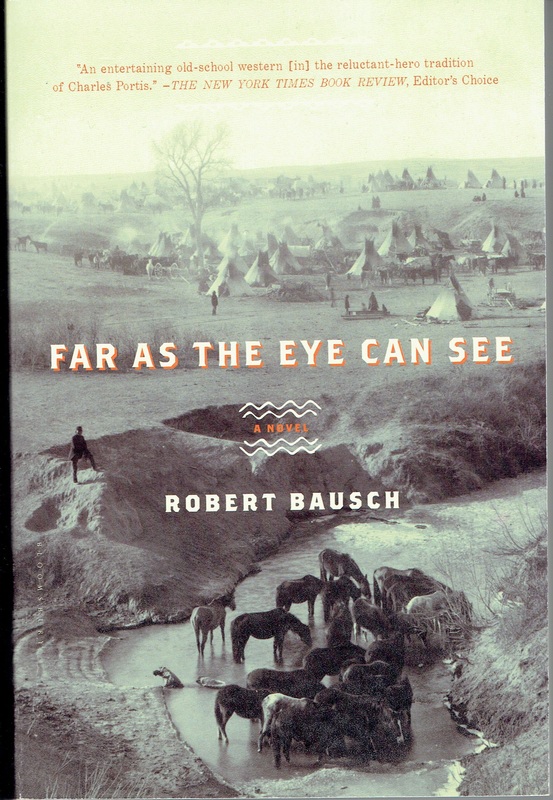
 RSS Feed
RSS Feed
